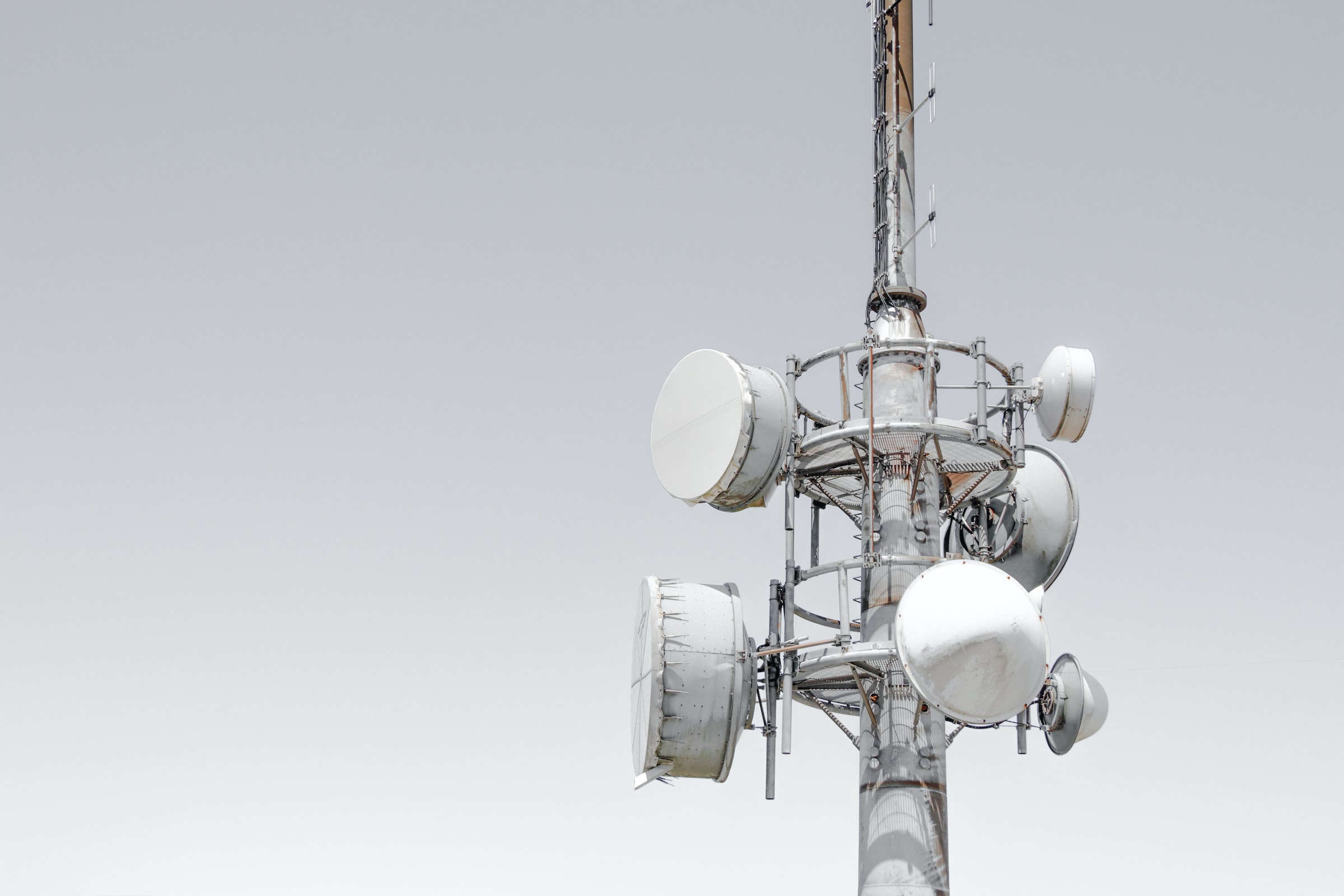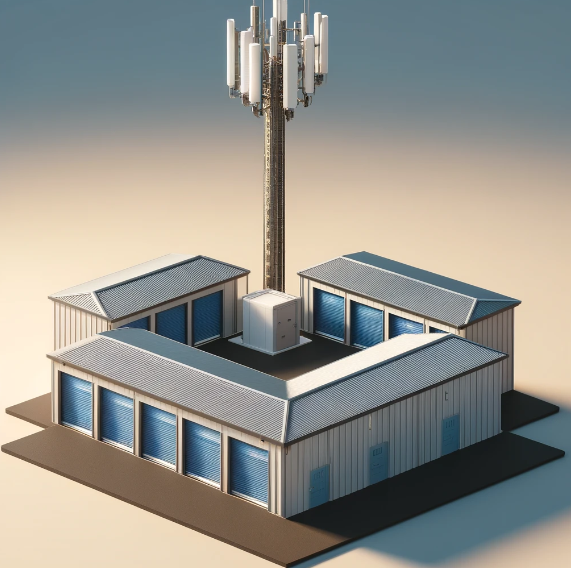Your Bargaining Power
Negotiating The Cell Tower Lease: Your Bargaining Power
The balance of power in any wireless telecom lease negotiation depends on the unique characteristics of the site in question and, in turn, its relative value to the wireless carrier.

The Cell Site's Relative Value Is Dependent Upon:
- Whether other similar locations exist that adequately address the carrier’s network infrastructure needs;
- Whether the carrier can acquire the necessary zoning and other approvals for this particular cell site location;
- Sufficient access to power and telephone lines;
- The ease and cost of construction.
These are just a few of the factors that will influence and impact the bargaining position of each party and ultimately, the property owner’s ability to maximize rental payments, while minimizing obligations and liabilities during the term of the lease. By understanding the relative value, the landowner will then know how and when to negotiate the verbiage in the typical boilerplate cell tower agreement. Below is a list of the typical terms and conditions in the average lease.
Contact Us
Understanding The Terms Of Your Cell Site Lease
Rent.
The amount of rent paid for a telecommunications tower is based on various factors, most importantly:
- The amount of ground space needed to install the cell tower, and
- The relative value of the cell site (based on the carrier’s level of demand).
The carrier typically requires approximately 2,500 square feet of property to construct a cell tower (a little less space is needed to construct a site on a building rooftop). Unlike other commercial leases, however, the amount of rent for a cell site is not necessarily based on a formula of price per square foot. Rather, the demand for the cell site and the coverage it provides to the surrounding area will dictate how much it’s worth and how much the carrier is willing to pay.
Co-Location Fees and Subleases.
A co-location fee is paid from one wireless carrier to another (and is usually calculated as a percentage of the total rent) in the event that the original tenant wishes to sublease a portion of its leased property to a new tenant.
As a general rule, most carriers don’t like sharing the revenue they earn from the co-location fee, however that doesn’t mean they won’t. A carrier’s willingness to share co-location fees with you and the percentage of that share depends largely on the importance one or both of the carriers has placed on your property. Or alternately, it may depend upon the gap in coverage that will be occupied by the site in question.
As the landowner, you need to exercise caution when demanding co-location fees because if the carrier has other equally viable options, it might opt to lease a different location.
Duration of the Lease.
Carriers typically request an initial lease term of five years with successive options for renewal (five, five-year renewal terms is the average). Because of the high cost of installation, maintenance and upgrade, carriers will want to occupy the site long enough to see a reasonable Return On Investment. That’s why a carrier will never grant you, the Landowner, a broad right to terminate at the end of a term or renewal term. Any termination of the agreement is at the company’s discretion (within the original terms of the renewal clause).
However, if the cell site is significantly valuable to the carrier, you may be able to negotiate a longer or shorter lease duration; fewer renewal terms; or the right to terminate the lease upon the occurrence of a specific event, (i.e., the sale of the building).
Rent Escalation.
The relative value of the cell site may also impact the dollar amount of rent increases or “escalations” that occur either annually or at each renewal period.
The "Use" Paragraph.
“Use” paragraphs come in two forms: Those that are simply descriptive and those that impose limits on the nature or form of activities performed on the property. Depending on the carrier’s interest in your site, you may be able to negotiate a narrowly defined provision to limit the use to the construction, maintenance, and operation of the cell tower. This will provide you with some assurances over the use of your property by the carrier and its sub-lessees, and provide leverage should the carrier seek to renegotiate the lease in the future.
Access.
The carrier typically requests the ability to repair or maintain its equipment 24 hours a day, 7 days a week. Although the carrier needs this flexibility to provide uninterrupted service to its customers, it may also interrupt other businesses on the site and risk the overall security of your property. If you know your property is useful to the carrier’s network, you may be able to define the situations and the limit the time of the day the carrier may access the site.
Interference.
This is one of the most important provisions of the cell site lease, at least from the carrier’s perspective. If the carrier is unable to operate its facilities because of any interference to its signal or equipment, it must be able to remedy the situation quickly. In such situations, the carrier will always seek to avoid bearing the responsibility for interference by a third party. This is often a highly negotiable paragraph, and if you believe that you have leverage in the negotiation, you may be able to use it when negotiating this clause.
Early-Termination Clause.
It’s common for a carrier to seek an early termination clause in a cell site lease. This may happen if a cell tower site becomes unusable because of interference problems; the carrier loses its license or permit to operate; or, more importantly, it finds the site unsuitable due to advances in technology that requires network infrastructure changes. In some instances, the carrier may agree to some form of termination fee in exchange for the right to terminate the lease before it reaches term. Many landowners who had their Cingular/AT&T leases terminated due to the merger will end up receiving nothing after the cell site lease is terminated. This could have been avoided if the cell site lease had originally been negotiated wisely.
Assignment/ Sublease.
The issue of the carrier’s right to assign or sublease is another critical provision in any cell site lease. The carrier wants flexibility in assigning or subletting the Agreement, specifically the ability to assign without having to obtain your consent. This is important to the carrier for many reasons including the ability to transfer the Agreement freely in the event of a merger or acquisition. Finally, the carrier may want to sublease a portion of the leased premises to other wireless communication companies. Because of this, the carrier will generally not accept any restrictions in the assignment or sublet provision. However, if there is a strong demand for your property, you may be able to retain some control over an assignment or sublet by requiring consent in specific situations or absent consent, negotiating acceptable minimum standards for a prospective assignee or subtenant.
Right of First Refusal.
Over the last few years, we have seen a significant increase in the number of leases that include a right of first refusal clause. In a cell tower lease, the right of first refusal clause prohibits the sale or assignment of the lease by the landowner to another party unless the lessee (the tower owner) has had the opportunity to match any purchase offer. The right of first refusal clause is problematic as it often reduces the landowner’s ability to sell the lease at fair market value in the future, or if the clause is poorly written or overly broad it may impact the ability to sell the entire parent parcel the lease sits on.
The provisions described above emphasize the point that the successful negotiation of a cell site lease comes from thoroughly understanding the perceived value of your property to the carrier. Once you understand that, you may begin to negotiate additional benefits through the carrier’s willingness to accept changes to the Agreement. Steel in the Air has negotiated thousands of leases on behalf of property owners. We know the sweet spot and can help you negotiate favorable lease terms that serve your best interests.
Please feel free to contact us for additional information.










